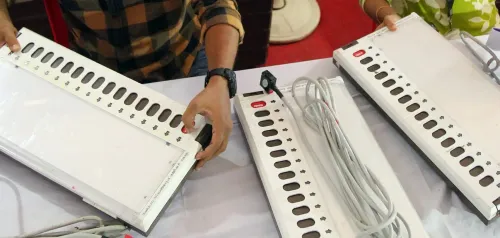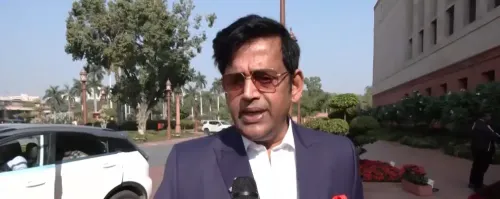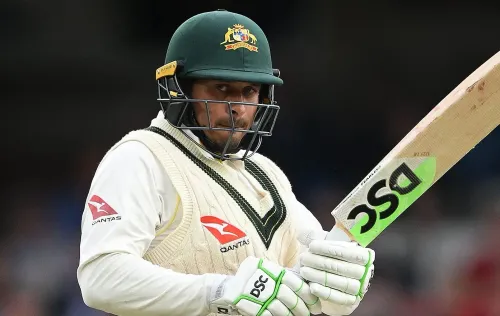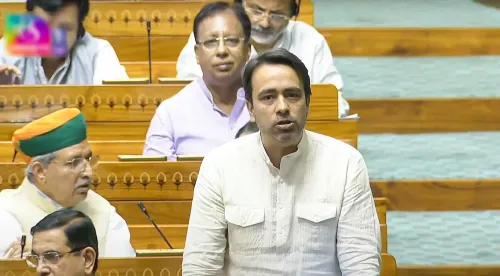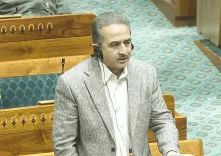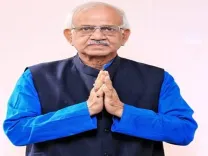Did a Faith Healer Brand Children with Pneumonia in MP?
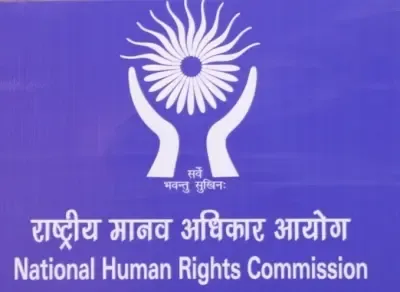
Synopsis
Key Takeaways
- The NHRC is actively investigating a serious human rights violation case.
- The incident involves three children branded by a faith healer.
- The health of the children has drastically deteriorated.
- Local authorities have been instructed to provide detailed reports.
- Such incidents necessitate urgent community awareness and education.
New Delhi, Oct 6 (NationPress) The National Human Rights Commission (NHRC) has taken suo motu cognizance of a media report indicating that three children afflicted with pneumonia were branded with a hot iron rod by a faith healer in Madhya Pradesh's Jhabua district.
One of the children's condition is reportedly serious.
Medical professionals have confirmed that the children are suffering from pneumonia and exhibit burn marks on their bodies.
The apex human rights authority stated that the details of the news report, if accurate, highlight severe human rights violations.
The NHRC has issued notices to Jhabua District Magistrate Neha Meena and Superintendent of Police Padam Vilochan Shukla, requesting a comprehensive report on the situation within two weeks.
As per media reports dated September 25, it was the children's parents who sought the faith healer's assistance.
Among the three children branded with hot iron rods, two are mere infants at just two months old.
Following the incident, their health significantly worsened, necessitating their urgent transfer to the Jhabua District Hospital in critical condition.
Currently, all three children are receiving oxygen support, and one girl has been referred to Dahod for additional medical attention.
The Madhya Pradesh Police are diligently investigating to identify the individual responsible for branding the children and to ascertain the location of these acts.
The NHRC, established under the Protection of Human Rights Act, 1993, serves as an autonomous statutory body reflecting India's commitment to the promotion and safeguarding of human rights.
Its main function is to protect and promote human rights, defined as the rights related to life, liberty, equality, and dignity of individuals as guaranteed by the Constitution or enshrined in international covenants enforceable in Indian courts.
The apex body possesses the authority to initiate suo motu actions based on media reports, public knowledge, or other sources, even without receiving formal complaints of human rights abuses.


